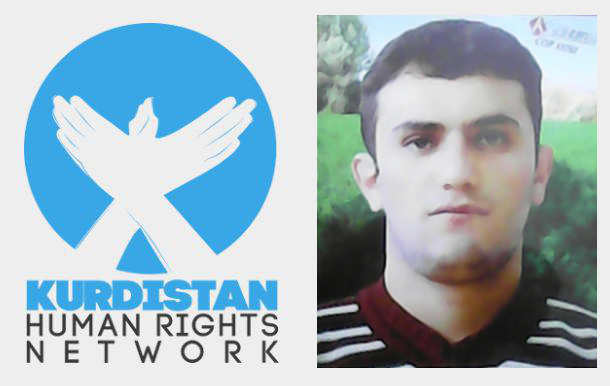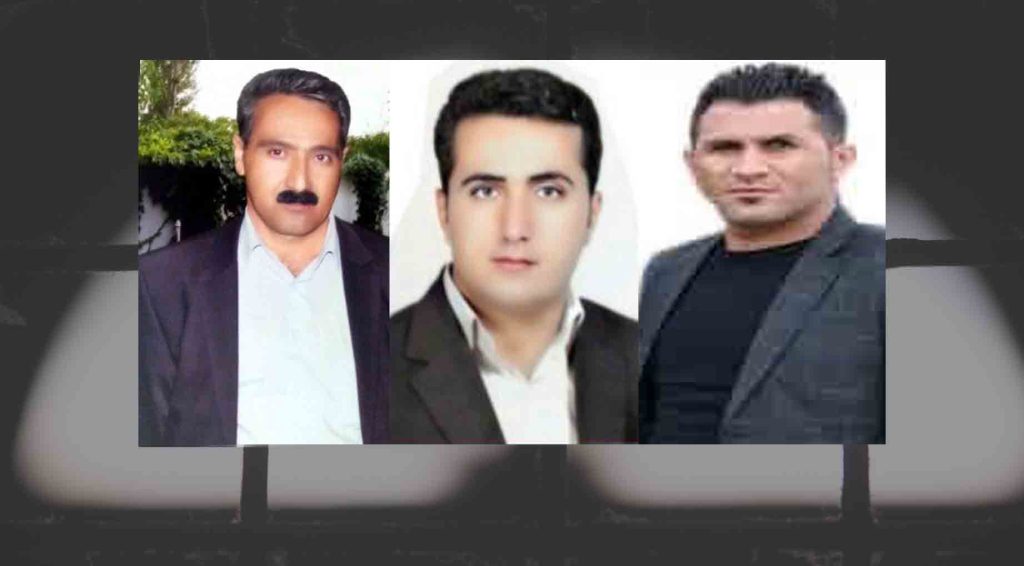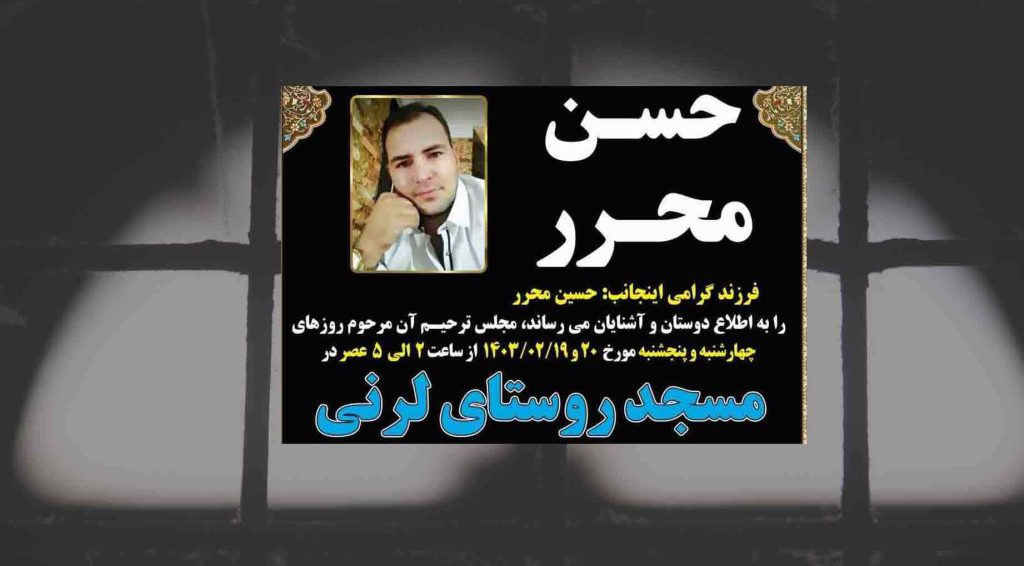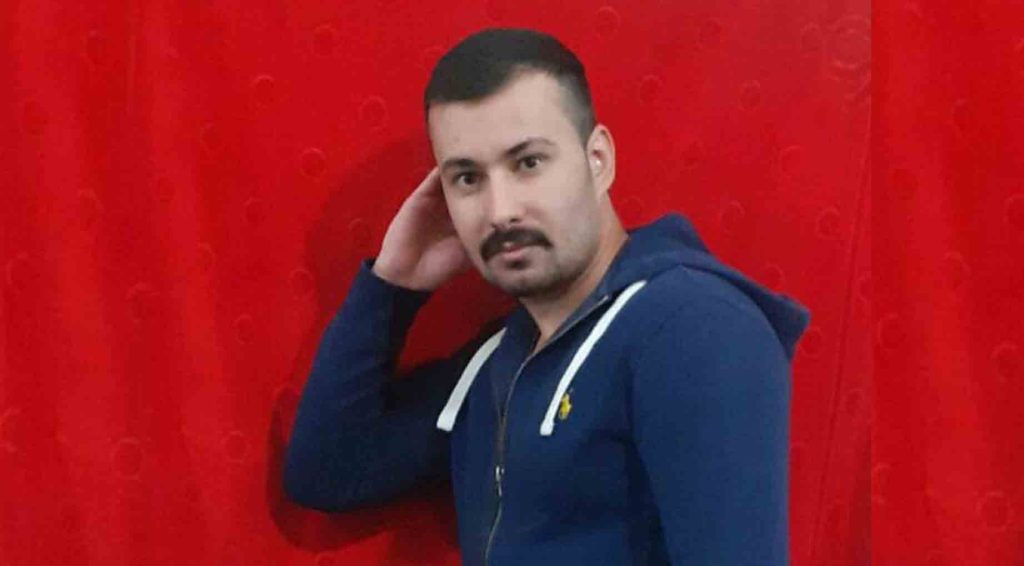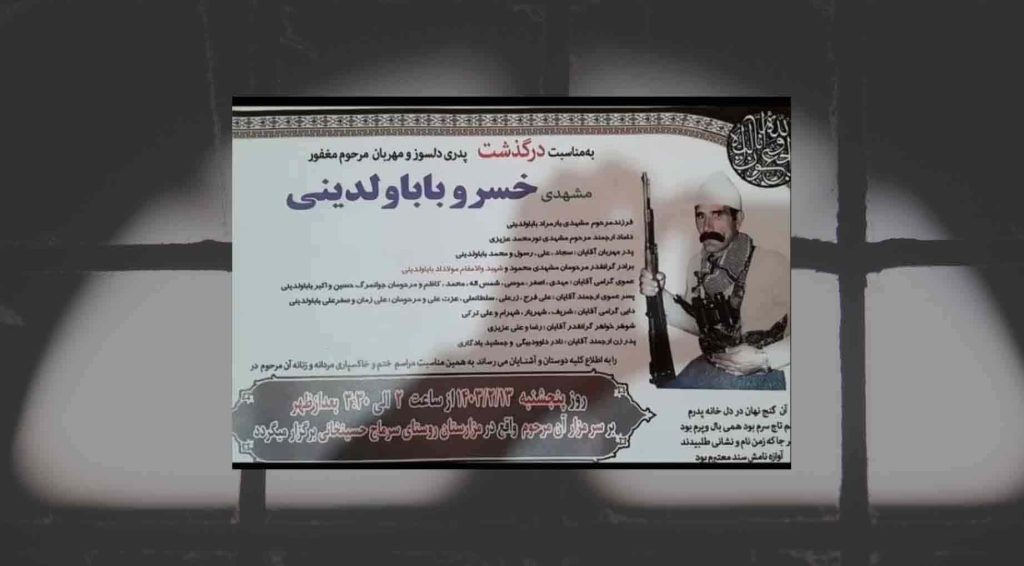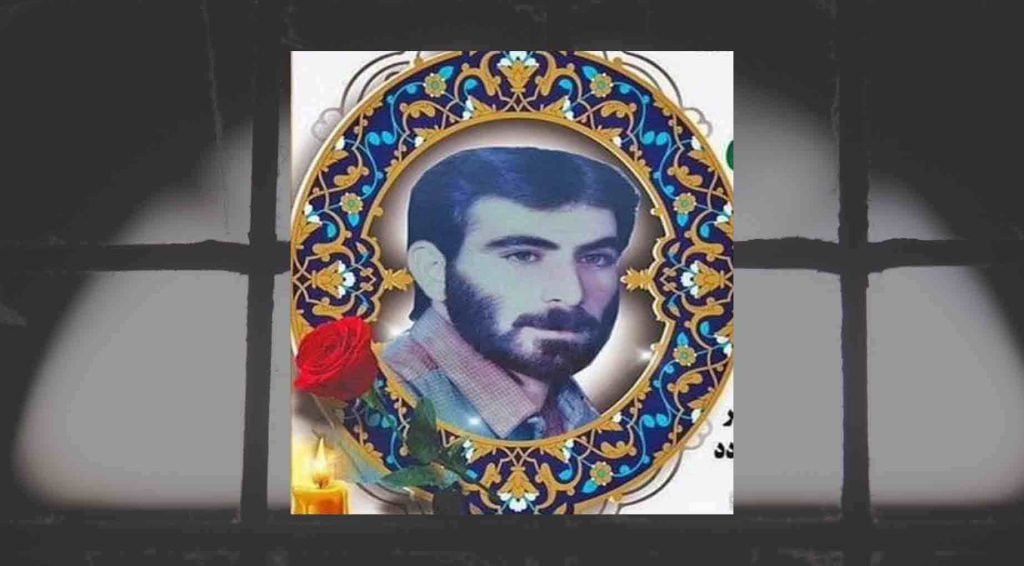Evidence obtained from local sources suggest that the death sentence for Kurdish prisoner Saman Naseem has remained as “mandatory ” and that the Orumiyeh Central Prison where he is jailed has not heard anything from Iran’s Supreme Court on annulling the death sentence but instead the prisoner has been put back on trial.
The evidence came following news published by several outlets that the Iranian Supreme Court had annulled the death sentences for Saman Naseem.
A reliable source told Kurdistan Human Rights Network (KHRN) that “Saman Naseem has been on trial for a second time and this time it is because relatives of a killed ‘Pasdar’ [Member of Iran’s Revolutionary Guard Corps -IRGC] have complained against him. The pasdar had been killed in an armed clash when the IRGC had attacked Mount Qandil [held Kurdish rebels demanding autonomy]. Naseem’s case has two aspects, a general aspect and a private aspect. The general aspect of the case has already been resolved, as he was tried by Oroumiyeh Revolutionary Court and sentenced to death on charges of ‘Moharebeh’ [enmity against God] for being a member of Kurdish party PJAK. He is now on trial for the private aspect of his case, which is apparently the killing IRGC member in Mount Qandil. He is been attending trial by branch 12 of Orumiyeh Criminal Court. Naseem was a juvenile when the alleged killing took place, therefore the court has asked Coroner’s Office to officially announce their opinion about this case.”
The source went on saying that “last week, after holding three sessions, the coroners in charge of Naseem’s case who are from the cities of Salmas and Oroumiyeh ruled against Nasim. They have officially announced their orders to the prison and a copy of the coroners letter has been sent to Naseem’s lawyer who has informed Naseems’ parents about the new decision.”
On 26 April 2016, Naseem along with 50 prisoners accused of murder or drug-related offences were brought to prison’s prayer room where the prison’s governor told them that their death sentences were definitive and that they were allowed to appeal to the Amnesty Commission.
Nasim had decided not to appeal to the Amnesty Commission.
The KHRN source said: “Naseem considers his trial unfair and he thinks the whole process of his trial has just been a ‘kangaroo trial’, that is why he has dismissed his lawyer.”
KHRN has learnt that on 24 May 2016, Naseem received a letter from branch 12 of Orumiyeh Criminal Court stating that he has to appoint a lawyer before his next court session which will be held on 12 July 2016, and if he is not financially able to employ a lawyer, the court would then appoint a “public defender” for him.
However, Naseem had in response refused to have any lawyers at all.
The KHRN source said that “over the past few months, Naseem has been under increasing pressure to take part in a T.V. interview organized by the Intelligence Office, but he has refused because he has already been tortured into confession and he does not want to fall into the Intelligence Office’s traps again. A team of Sanandaj Intelligence Office agents went to Naseem’s elderly parents’ home in a village near Mariwan and forced them to take part in a T.V. interview to condemn activities of human rights organizations and media that have been trying to save Naseem. A local Kurdish TV network broadcasted part of the interview in Sanandaj on 6 and 7 May 2016.”
The source added that “the interview with his parents was conducted as part of a documentary entitled ‘Shadow of Terrorism’, in which family members of the killed pasdar Rahmatollah Dadvand had also spoken against Naseem.”
Naseem was born on 20 September 1993 in Mariwan.
He was arrested at the age of 17 in the border town of Sardasht on 18 July 2011 by IRGC forces.
He detailed his conditions in prison in a letter made public in February 2015.
In his letter he said his initial arrest “meant 97 days of torture and sufferings. In this period, I was tortured everyday with everything. In the early days the torture was so brutal I was unable to walk afterward. All my body was black and blue. They hung me upside down with my arms and legs tied to the roof for many hours. During interrogations, I was always blindfolded and unable to see my torturers. They used all the inhumane and illegal methods to obtain a confession from me. They repeatedly said that they had arrested my family members and relatives too, my parents and my brother included. They also said that they would bury me with like they did to my comrades. They told me that they would kill me right there and put cement on my grave.”
Regarding his death sentence, he wrote: “I was actually being sentenced to death based on a ‘confession’ that had been pre-written. After receiving death sentence from Mahabad Court on 16 February 2013, I was transferred to Orumiyeh central prison, where I once again faced brutality and intimidations. The Supreme Court upheld my death sentence after two years. The prospect of retrial is unclear and because my sentence was issued as a final verdict, I could be executed at any moment. ‘
In December 2013, the capital punishment was confirmed by the Supreme Court and Naseem’s lawyer was informed that the execution was scheduled to be carried out on19 February 2015.
On 17 February 2015 Naseem and five other death row prisoners (Sirwan Nejawi, Younes Aghayan, Habib and Ali Afshari, Ebrahim Issapour), who were imprisoned together in Oroumiyeh prison, were separated and transferred to different prisons.
Afshari and Habib were transferred to Qazvin prison, Naseem and Aghayan to Zanjan prison, Nejawi and Issapour to Tabriz central prison.
From Zanjan prison, Naseem and Aghayan were transferred to the detention centre of the Iranian intelligence agency and they were detained in solitary confinement cells.
They were denied any rights of communication with their family and relatives for 120 days.
Their families were not informed about their fate and whereabouts.
Officials said both of them were at imminent risk of execution.
Naseem had asked to be executed as soon as possible on several occasion to put an end to this endless nightmare of not being able to bear the ill treatment at the solitary confinement cell, the uncertainty about his fate and being denied the right to communicate with his family.
After this period which lated four months, Naseem was sent back to Zanjan prison.
On 11 July 2015, five months after his disappearance at the hands of Iranian authorities in the most secretive way, he was allowed to call his family to inform them about his detention in Zanjan prison.
On 19 September 2015, he was transferred to Orumiyeh prison where he has since been imprisoned.

